Audi e-tron GT vs Lotus Emeya - Differences and prices compared
Compare performance (843 HP vs 918 HP), boot space and price (93300 £ vs 92600 £ ) at a glance. Find out which car is the better choice for you – Audi e-tron GT or Lotus Emeya?
Costs and Efficiency:
Looking at overall running costs, both models reveal some interesting differences in everyday economy.
Lotus Emeya has a minimal advantage in terms of price – it starts at 92600 £ , while the Audi e-tron GT costs 93300 £ . That’s a price difference of around 780 £.
In terms of energy consumption, the advantage goes to the Audi e-tron GT: with 17.90 kWh per 100 km, it’s slight more efficient than the Lotus Emeya with 18.70 kWh. That’s a difference of about 0.80 kWh.
As for electric range, the Audi e-tron GT performs barely noticeable better – achieving up to 617 km, about 37 km more than the Lotus Emeya.
Engine and Performance:
Power, torque and acceleration are the classic benchmarks for car enthusiasts – and here, some clear differences start to show.
When it comes to engine power, the Lotus Emeya has a hardly perceptible edge – offering 918 HP compared to 843 HP. That’s roughly 75 HP more horsepower.
In acceleration from 0 to 100 km/h, the Lotus Emeya is slight quicker – completing the sprint in 2.80 s, while the Audi e-tron GT takes 2.90 s. That’s about 0.10 s faster.
In terms of top speed, the Lotus Emeya performs barely noticeable better – reaching 256 km/h, while the Audi e-tron GT tops out at 250 km/h. The difference is around 6 km/h.
There’s also a difference in torque: Audi e-tron GT pulls minimal stronger with 1027 Nm compared to 985 Nm. That’s about 42 Nm difference.
Space and Everyday Use:
Cabin size, boot volume and payload all play a role in everyday practicality. Here, comfort and flexibility make the difference.
Seats: Lotus Emeya offers slightly more seating capacity – 5 vs 4.
In curb weight, Audi e-tron GT is minimal lighter – 2355 kg compared to 2555 kg. The difference is around 200 kg.
In terms of boot space, the Lotus Emeya offers noticeable more room – 509 L compared to 405 L. That’s a difference of about 104 L.
When it comes to payload, Lotus Emeya to a small extent takes the win – 545 kg compared to 485 kg. That’s a difference of about 60 kg.
Who wins the race in the data check?
The Lotus Emeya comes out ahead with a more balanced overall result in the objective data comparison.
This result only shows which model scores more points on paper – not which of the two cars feels right for you.
Costs and Consumption
View detailed analysis
Engine and Performance
View detailed analysis
Dimensions and Body
View detailed analysis
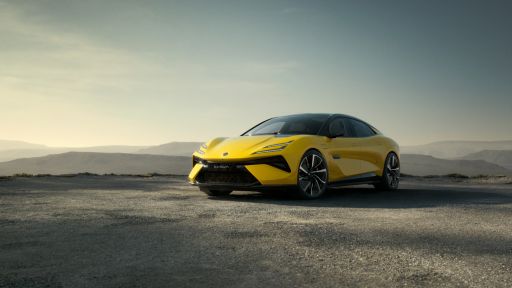
Lotus Emeya
Audi e-tron GT
The Audi e-tron GT is a striking electric grand tourer that blends dramatic, low-slung styling with the hushed refinement of a luxury saloon. Behind the beautiful skin you'll find a driver-focused cabin and brisk, silent performance that makes daily commutes feel like auditioning for a weekend road trip — and yes, it manages to be both serious and a little bit smug about it.
details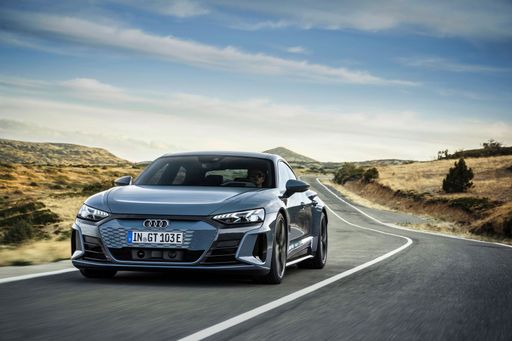
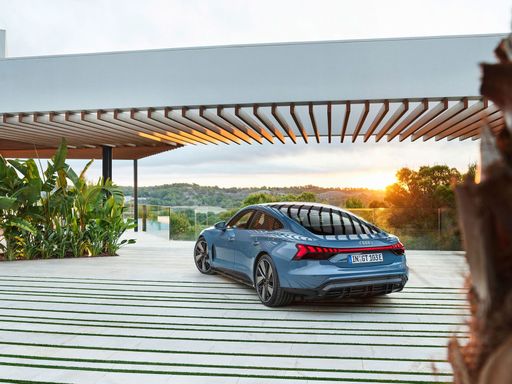
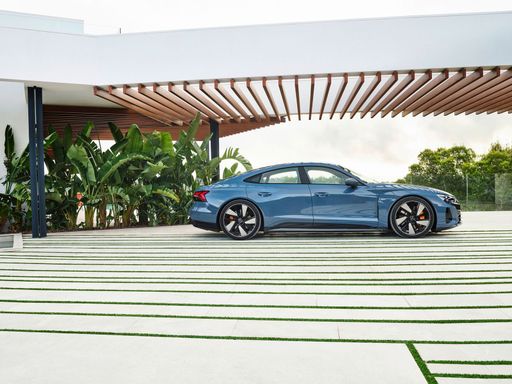
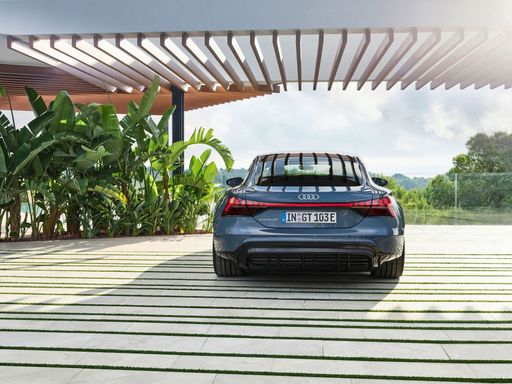
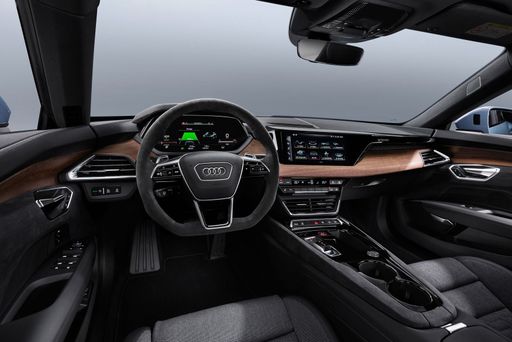
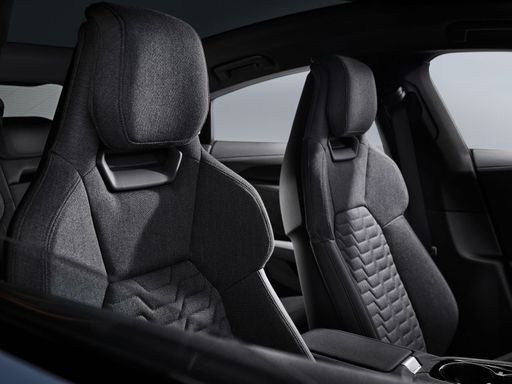
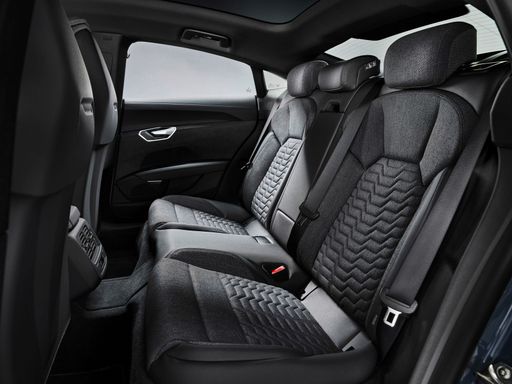
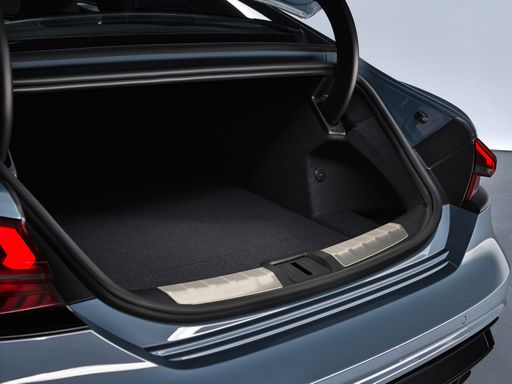
Lotus Emeya
The Lotus Emeya arrives as a sleek electric grand tourer that manages to marry Lotus' trademark razor-sharp handling with enough practicality for daily life, so you can enjoy a corner with a grin and still fit the shopping. Inside it feels surprisingly grown-up — plush materials, smart tech and a driver-focused cockpit make it a tempting choice for buyers who want electric performance without losing the joy of driving.
details
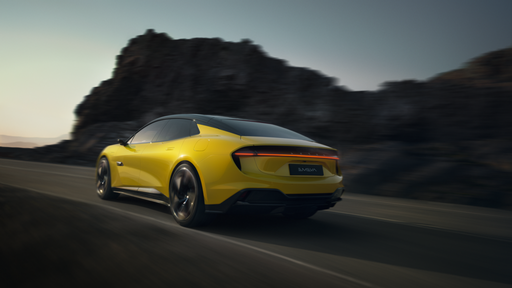
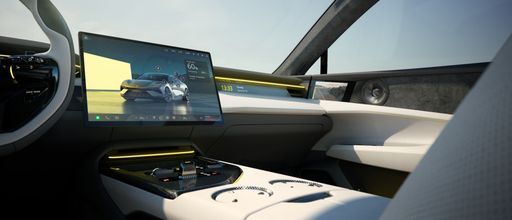
Costs and Consumption |
|
|---|---|
|
Price
93300 - 137600 £
|
Price
92600 - 138000 £
|
|
Consumption L/100km
-
|
Consumption L/100km
-
|
|
Consumption kWh/100km
17.9 - 19 kWh
|
Consumption kWh/100km
18.7 - 22.4 kWh
|
|
Electric Range
582 - 617 km
|
Electric Range
485 - 580 km
|
|
Battery Capacity
97 kWh
|
Battery Capacity
98.90 kWh
|
|
co2
0 g/km
|
co2
0 g/km
|
|
Fuel tank capacity
-
|
Fuel tank capacity
-
|
Dimensions and Body |
|
|---|---|
|
Body Type
Coupe
|
Body Type
Hatchback
|
|
Seats
4
|
Seats
5
|
|
Doors
4
|
Doors
5
|
|
Curb weight
2355 - 2395 kg
|
Curb weight
2555 - 2650 kg
|
|
Trunk capacity
350 - 405 L
|
Trunk capacity
509 L
|
|
Length
4997 - 5004 mm
|
Length
5139 mm
|
|
Width
1964 mm
|
Width
2005 mm
|
|
Height
1379 - 1394 mm
|
Height
1459 mm
|
|
Max trunk capacity
-
|
Max trunk capacity
1388 L
|
|
Payload
455 - 485 kg
|
Payload
450 - 545 kg
|
Engine and Performance |
|
|---|---|
|
Engine Type
Electric
|
Engine Type
Electric
|
|
Transmission
Automatic
|
Transmission
Automatic
|
|
Transmission Detail
Reduction Gearbox
|
Transmission Detail
Reduction Gearbox
|
|
Drive Type
All-Wheel Drive
|
Drive Type
All-Wheel Drive
|
|
Power HP
503 - 843 HP
|
Power HP
612 - 918 HP
|
|
Acceleration 0-100km/h
2.9 - 4.2 s
|
Acceleration 0-100km/h
2.8 - 4.2 s
|
|
Max Speed
245 - 250 km/h
|
Max Speed
250 - 256 km/h
|
|
Torque
625 - 1027 Nm
|
Torque
710 - 985 Nm
|
|
Number of Cylinders
-
|
Number of Cylinders
-
|
|
Power kW
370 - 620 kW
|
Power kW
450 - 675 kW
|
|
Engine capacity
-
|
Engine capacity
-
|
General |
|
|---|---|
|
Model Year
2024 - 2025
|
Model Year
2025
|
|
CO2 Efficiency Class
A
|
CO2 Efficiency Class
A
|
|
Brand
Audi
|
Brand
Lotus
|
Is the Audi e-tron GT offered with different drivetrains?
Available configurations include All-Wheel Drive.
